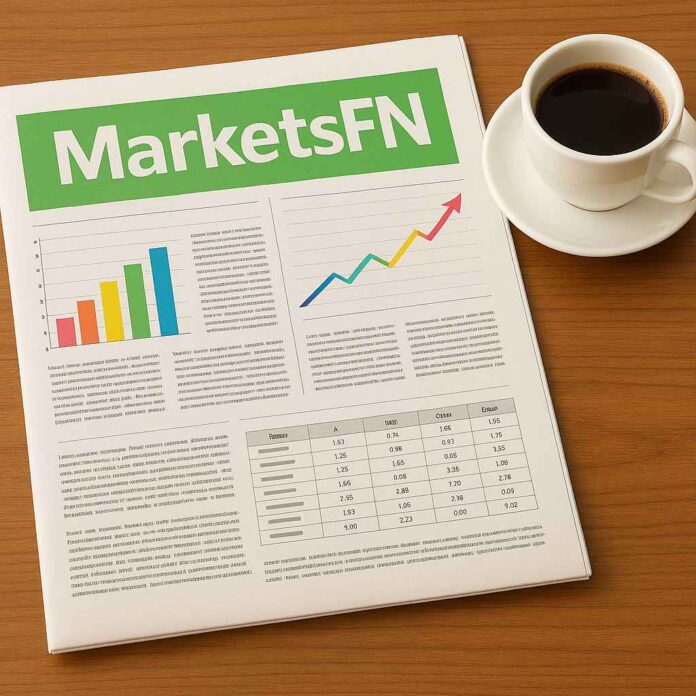# GLOBAL NEWS
In recent hours, significant events have unfolded across the globe, with notable developments in the United States, Europe, and Asia. From the repercussions of President Trump’s policies to ongoing geopolitical tensions and economic shifts, this article provides a comprehensive overview of the latest news shaping our world.
## US
In the United States, the political landscape remains tumultuous as former New York City mayor Rudy Giuliani was hospitalized following a serious car accident in New Hampshire, sustaining injuries that include a fractured thoracic vertebrae. The incident has drawn attention not only for its implications for Giuliani’s health but also for its potential impact on the political scene as he is a prominent figure in Trump’s inner circle.
Meanwhile, President Trump continues to face scrutiny over his trade policies. His administration’s tariffs have sparked backlash, with trade adviser Peter Navarro labeling a recent tariff ruling as “weaponized partisan injustice.” The legal battle over these tariffs is expected to shape the economic landscape, with analysts predicting significant repercussions for U.S. trade relations.
In Chicago, Mayor Brandon Johnson has signed an order directing the city to utilize every legal mechanism to combat a potential crackdown by federal authorities, a move that underscores the ongoing tensions between local and federal governance. This comes as the CDC prepares to bring its staff back to the office following a shooting incident at its headquarters, highlighting the challenges faced by federal agencies in maintaining operational integrity amidst rising violence.
Additionally, the stock market has shown signs of volatility as investors brace for a challenging September, historically the worst month for equities. Analysts are closely monitoring upcoming job reports, which could further influence market sentiment.
## EUROPE
Across the Atlantic, Europe is grappling with economic challenges and shifting political dynamics. The European Union has announced plans to remove tariffs on U.S. industrial goods, a move seen as a strategic effort to reset trade relations with Washington. This decision comes amid ongoing tensions surrounding tariffs imposed by the Trump administration, which have affected various sectors, particularly in Germany, where rising inflation and unemployment are raising concerns about economic stability.
In a surprising turn of events, Nestlé has dismissed its CEO, Laurent Freixe, following a probe into a breach of the company’s code of conduct related to a romantic relationship with a subordinate. This leadership change raises questions about corporate governance and ethical standards in multinational corporations.
On the geopolitical front, European Commission President Ursula von der Leyen’s plane reportedly experienced GPS interference, suspected to be from Russian sources, during a visit to Bulgaria. This incident adds to the growing list of tensions between the EU and Russia, particularly in the context of ongoing conflicts in Ukraine.
Amid these developments, British pubs are facing closures due to rising operational costs, reflecting broader economic pressures impacting small businesses across the continent. As the situation unfolds, the implications for both local economies and international relations remain a focal point for analysts and policymakers alike.
## ASIA
In Asia, a devastating earthquake in Afghanistan has claimed over 800 lives and injured thousands, complicating rescue efforts due to challenging mountainous terrain. The Taliban government has called for international assistance to address the humanitarian crisis that has emerged in the wake of this disaster.
In Indonesia, widespread protests have erupted in response to perceived government corruption and inequality, ignited by the killing of a delivery driver by police. The unrest has escalated, leading to violence and casualties, reflecting deep-seated frustrations among the populace regarding socioeconomic disparities.
China is also in the spotlight as President Xi Jinping hosted a summit with leaders from Russia and India, pledging cooperation in the face of U.S. tariffs and geopolitical tensions. This meeting underscores the shifting alliances in the region, as nations seek to navigate complex trade relationships and security concerns.
Meanwhile, the Chinese economy is showing signs of resilience, with manufacturing activity unexpectedly expanding in August, driven by a recovery in new orders. This positive news comes amidst broader concerns about inflation and economic growth, as policymakers consider measures to stimulate further development.
As the region grapples with these multifaceted challenges, the interplay between domestic policies and international relations will be critical in shaping the future trajectory of Asia’s economies.
In conclusion, the latest developments across the U.S., Europe, and Asia highlight the interconnectedness of global events and the ongoing challenges faced by nations in navigating political, economic, and social landscapes. As the world continues to evolve, these stories will remain pivotal in understanding the broader implications for international relations and global stability.





